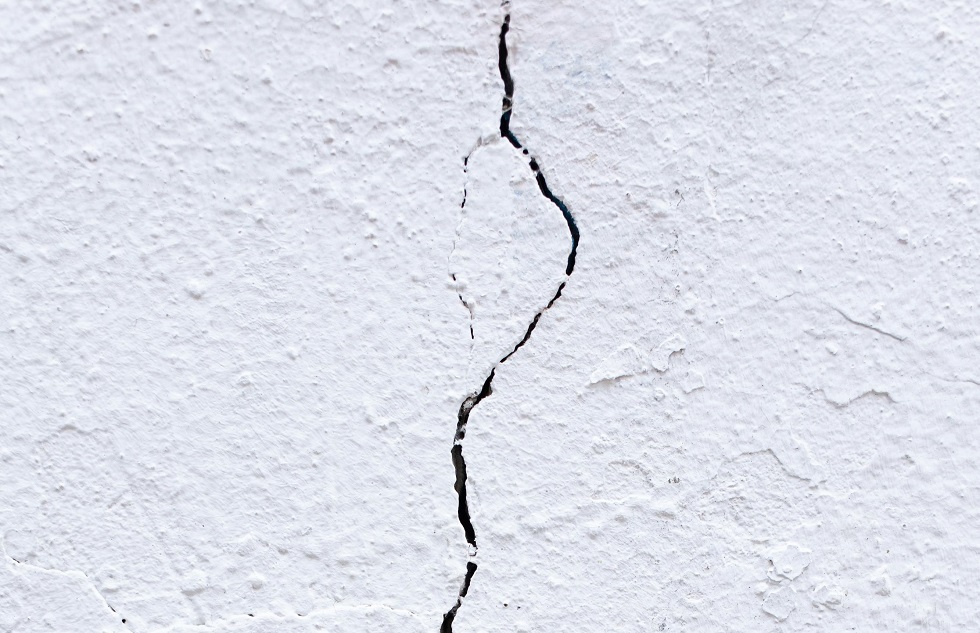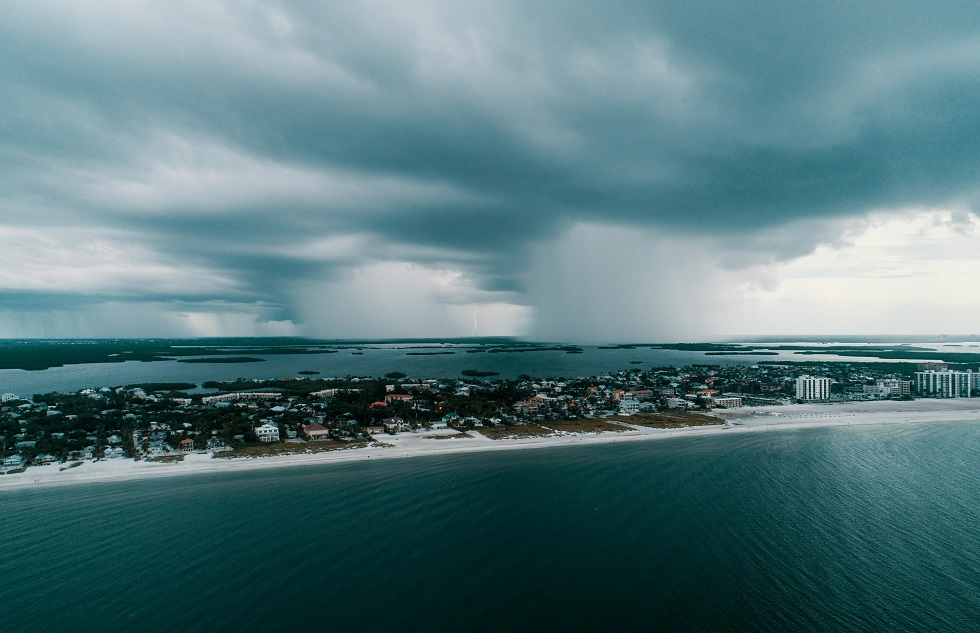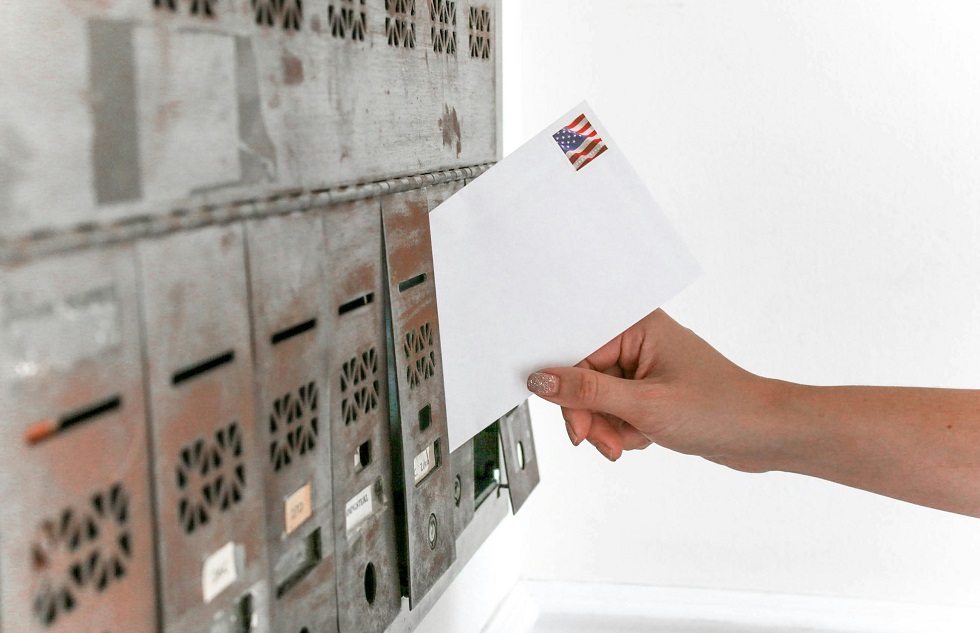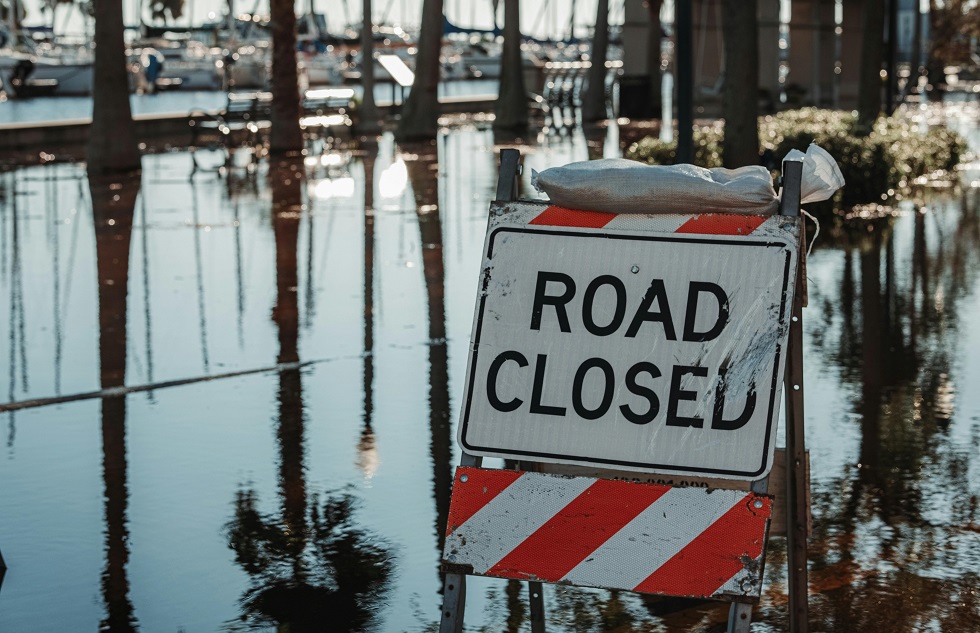Navigating the Challenges of Coastal Living
Ah, Florida’s coastal charm – the soothing sound of waves, the breathtaking sunsets – it’s a lifestyle many dream of. But here’s the twist: with all that saltwater beauty comes a less glamorous side – the potential for saltwater damage to your property.
Fear not, because at The Landau Law Group, we’re here to guide you through the ins and outs of dealing with saltwater damage, helping you keep your coastal oasis in top shape.
Understanding the Effects of Saltwater on Properties
Saltwater, while picturesque, can be a silent troublemaker for your property. It might look harmless, but that salty moisture has a corrosive knack for eating away at everything from metal to concrete. That stunning coastal breeze carries tiny salt particles that love to settle on surfaces, causing rust, discoloration, and damage over time.
Common Areas Prone to Saltwater Damage
When it comes to saltwater damage, certain areas of your property are more vulnerable than others. Your exterior surfaces, from siding to paint, bear the brunt of salt exposure. Your roof, windows, and even your landscaping can fall victim to the corrosive effects of saltwater.
Recognizing the Signs of Saltwater Damage
Worried that saltwater might be taking a toll on your property? Look out for signs like rusted metal, corroded surfaces, and peeling paint. If you notice these issues, it’s time to take action and prevent further damage.
Preventive Measures to Minimize Saltwater Damage
Prevention is the name of the game. Start by using materials that are resistant to saltwater corrosion. Regular maintenance is key – wash away salt deposits with fresh water and consider applying protective coatings. It’s an investment that pays off in the long run.
Landscaping Strategies for Saltwater-Affected Properties
Landscaping is your property’s first line of defense. Opt for salt-tolerant plants that can thrive despite the salty breeze. Proper irrigation and drainage also play a role in managing salt exposure. Keeping your landscaping in check not only enhances curb appeal but also protects your property.
Immediate Steps After Saltwater Exposure
Sometimes, saltwater exposure is inevitable, especially during storms. If your property gets a salty soak, it’s crucial to act fast. Rinse surfaces and equipment with fresh water to minimize the corrosive impact.
Professional Inspection and Restoration
For significant saltwater exposure, it’s wise to call in the experts. A professional assessment can help determine the extent of the damage and the best restoration approach. At The Landau Law Group, we understand the complexities of property damage claims and can guide you through the process.
Saltwater Damage and Homeowners Insurance
Now, let’s talk insurance. While homeowners insurance typically covers sudden and accidental damage, it might not always include saltwater damage. It’s vital to review your policy and understand its limitations. Don’t hesitate to reach out to us for a closer look at your coverage.
Repair and Restoration Process
Repairing saltwater damage requires a multi-step approach. It’s not just about fixing the visible signs; it’s about addressing hidden issues that might arise later. A thorough restoration process is your ticket to a property that’s as good as new.
Future Prevention and Preparedness
Experience is the best teacher. Once you’ve dealt with saltwater damage, it’s time to prepare for the future. Learn from the past and implement preventive measures that can minimize the impact of saltwater on your property.
Navigating Saltwater Challenges with Confidence
Living by the coast offers unparalleled beauty, but it also demands vigilance against saltwater damage. By understanding the corrosive effects of saltwater, taking preventive measures, and seeking professional advice, you can preserve the beauty and value of your coastal property.
At The Landau Law Group, we’re here to support you through every step of the process. If you’re facing saltwater-related property damage issues, don’t hesitate to get in touch. Your Florida property deserves top-notch protection, and we’re here to make sure you get it.
Florida Property Damage Lawyers
Property Damage Blog Posts

How Do Home Insurance Companies Determine Pre-existing Damage?
Home insurance companies employ various methods to assess pre-existing damage when evaluating property damage claims. This process is crucial for insurers to determine the validity and extent of coverage for property damage. Insurance adjusters conduct thorough visual...

Signs Your Insurance Adjuster Estimate Is Too Low
Insurance claims can be complex, and receiving an adjuster's estimate that seems too low is a common frustration for policyholders. Recognizing the signs of an undervalued estimate is crucial to ensure fair compensation for property damage or losses. Key indicators of...

Why Does Florida Have So Many Hurricanes?
Florida is renowned for its beautiful beaches, vibrant culture, and, unfortunately, its frequent encounters with hurricanes. The state's unique geographical location and climate conditions make it particularly vulnerable to these powerful storms. Florida's position on...

What To Do If You’re Denied Hurricane Damage Claim For Home
Hurricane damage can be devastating for Florida homeowners, leaving them in a state of distress and financial uncertainty. When insurance claims for such damage are denied, it adds another layer of stress to an already difficult situation. Facing a denied claim...

Guide To Documenting Damages For A Florida Flood Claim
Proper documentation of flood damage is crucial for a successful insurance claim in Florida. When floodwaters recede, homeowners face the daunting task of assessing and recording the extent of their losses. Thorough documentation, including photos, videos, and...

What To Do If You Disagree With A Home Insurance Adjuster
Dealing with a home insurance claim can be stressful, especially when you disagree with the adjuster's assessment. Many homeowners find themselves in this frustrating situation after experiencing property damage or loss. If you disagree with the insurance adjuster's...

How To Sue Your Neighbor for Property Damage in Florida
Property damage disputes between neighbors can quickly escalate, turning once-friendly relationships sour. If you're facing significant property damage caused by a neighbor in Florida, legal action may be necessary to protect your interests and recover damages. In...

Common Reasons Your Florida Hurricane Damage Insurance Claim May Be Denied
Florida homeowners face a daunting challenge when their hurricane damage insurance claims are denied. Understanding the common reasons for these denials can help you navigate the claims process more effectively. Insurance companies may deny claims due to inadequate...




